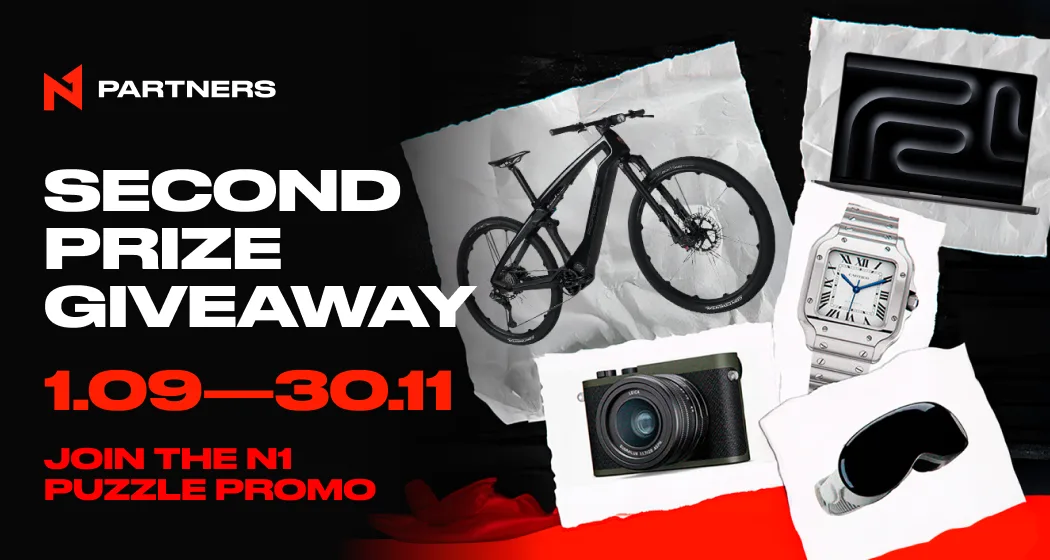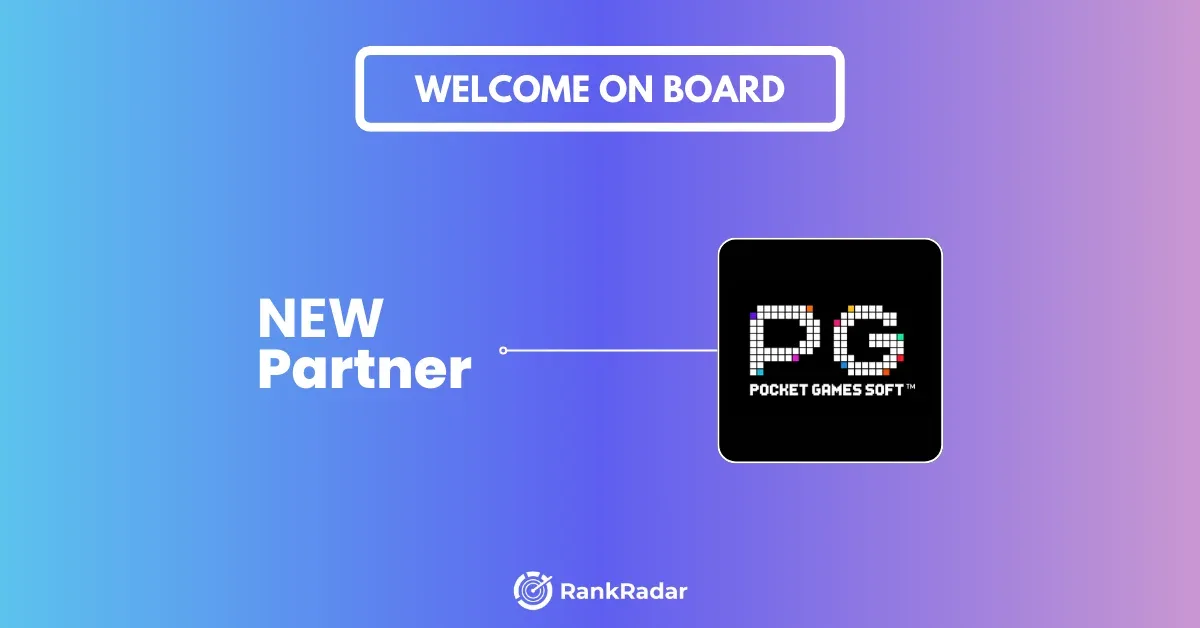Change is the only constant in the iGaming industry, especially when it comes to global regulations. Slotegrator has prepared a six-month review highlighting the 10 most impactful regulatory changes that shaped the market in H1 2025.
Below is a summary of the most significant regulatory developments:
- Curaçao. The European Union (EU) has removed Curaçao from its “gray list” of tax jurisdictions. This means that the country has successfully implemented tax reforms and now complies with the standards of the EU. At the same time, the Curaçao Gambling Authority (CGA) initiated a major reform of its regulatory model.
- Malta. The Malta Gaming Authority (MGA) has introduced new financial reporting requirements for licensees. They are now required to submit two types of reports: an annual financial report (AFR) and an interim financial report (IFR).
- The United Kingdom. The UK Gambling Commission (UKGC) introduced new requirements for gambling operators. They are required to offer players the ability to set financial limits before making their first deposit. This initiative is designed to enhance user protection and regulate responsible gambling. A series of new regulations are set to take effect on October 31, 2025.
- Karnataka (India). The Indian state of Karnataka is preparing a new legal model. The proposed model would be based on that of the state of Chhattisgarh, which differentiates between games of skill and games of chance. The new law is an effort to clarify regulations, protect consumers, and combat the black market.
- Paraguay. Paraguay’s Law No. 7348/2025, which came to an effect on March 1, 2025, has effectively abolished the state monopoly on gambling, thereby opening the market to private operators. The new regulatory framework covers both land-based and online gambling, with a focus on protecting minors and combating illegal operations.
- New Zealand. The country has launched a licensing system for online casino operators. The initiative’s objective is to establish a regulated framework that prioritizes player safety, game integrity, and stringent government oversight.
- The Philippines. The Philippine Senate has approved a ban on offshore POGOs. The law aims to permanently eliminate the remaining POGOs and enshrine a ban on offshore gambling. Violations of these regulations are subject to penalties including up to 12 years of imprisonment and a fine of up to 50 million Philippine pesos (approximately $896,000).
- Uzbekistan. Starting January 1, 2025, online gambling is now legal in Uzbekistan. The legislation allows local and long-term foreign residents to participate, while introducing restrictions for individuals showing signs of gambling addiction. Licenses are mandatory for all operators. It is important to note that in order to organize any gambling activities, it is necessary to first obtain a license.
- The Czech Republic. The Czech Constitutional Court has ruled that the Prague authorities have the right to set their own gambling rules. This decision serves to affirm the validity of the 2021 prohibition on slot machines in the capital, notwithstanding prior reservations expressed by various ministries and the antitrust office. Games with a dealer, including poker and roulette, remain legal.
- Mexico. A new law is being proposed to regulate gambling in both land-based casinos and online platforms.The new bill should replace the outdated 1947 act. The aim is to create a unified and modern regulatory framework for the entire industry. The planned changes are designed to establish clear tax rules, eliminate duplicative functions between federal and regional agencies, and increase transparency for operators.
Moreover, there are also many other important changes in the global iGaming market, including increased taxes, advertising bans, tighter regulations, and more.
There’s a good reason to keep close tabs on regulations around the world: local regulations are essential to the new global strategy. “As the industry evolves, we see a strong trend: local regulation is no longer just about regional rules — it’s a global strategy of development,” says Yana Khaidukova, managing director at Slotegrator. “Regional cases become frameworks. Governments are learning from one another and adapting rules to their national contexts, taking into consideration international standards. For operators, a binding rule is to stay compliant locally to have sustainable success globally.”
Slotegrator’s experts are confident that the second half of 2025 will bring many more changes. To help stakeholders stay informed, the company will keep a close eye on these changes and provide monthly legal updates on its website in the Industry News section.
ABOUT THE COMPANY
Since 2012, Slotegrator has been one of the iGaming industry’s leading software and business solution providers for online casino and sportsbook operators.
The company’s main focus is software development and support for online casino platforms, as well as the integration of game content and payment systems.
The company works with licensed game developers and offers a vast portfolio of casino content: slots, live casino games, poker, virtual sports, table games, lotteries, casual games, and data feeds for betting.
Slotegrator also provides consulting services in gambling license acquisition and business incorporation.











